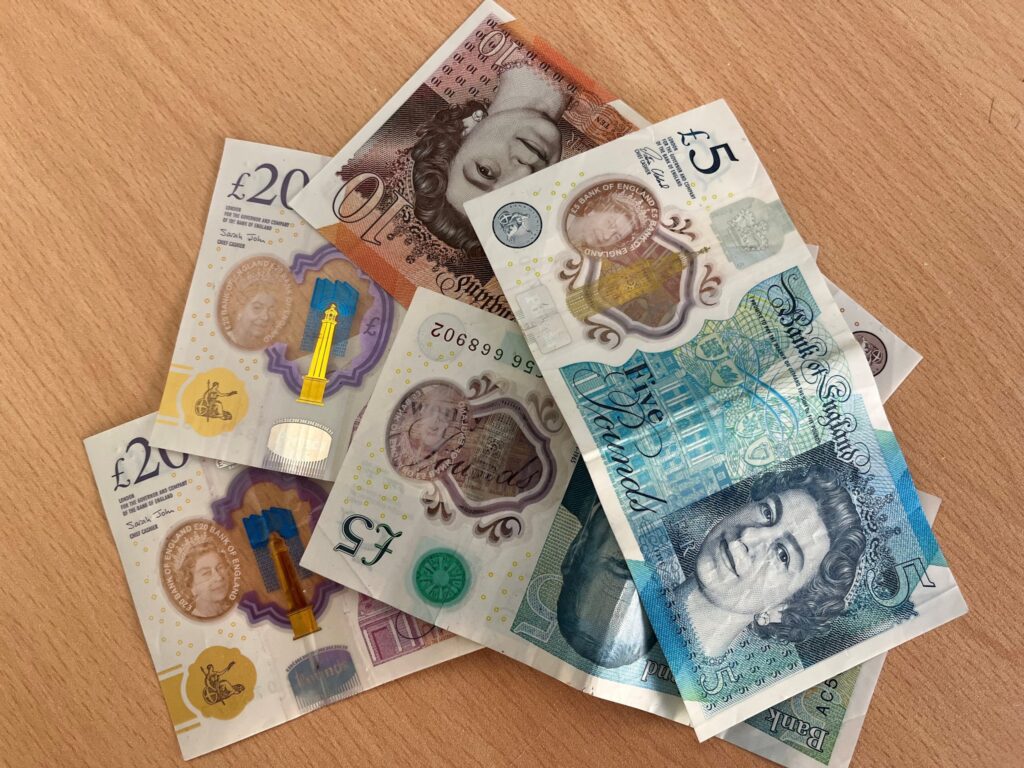

Cashflow models are great, despite being inherently wrong (anything looking into the future with even one assumption is inherently wrong). When used properly, they are a fantastic tool to help clients visualise how their objectives might be met and give them the confidence to make decisions about their life and their finances.
As cashflow systems have developed, replacing custom built Excel spreadsheets, and become more widespread and easier to use, they have also become easier to be used improperly. Using an age 110 mortality point for example would skew the results towards putting more into investments than would ever really be necessary, potentially limiting living now for fear of what the position might be if you live that long.
In my piece in September Are Cashflow Systems the new Protection Umbrella? I suggested that the question that clients need to ask these days is not “do you use cashflow?” but “how do you use cashflow?”. My concern was that cashflow might be increasingly used as a sales tool rather than a planning tool and that understanding if this was the purpose was crucial. In particular the proliferation of “free” cashflow, alongside “free” reports to me raises very large red flags.
Amongst financial advisers and pundits the view seems to be that in general people have “too much cash”, that you need to “get your cash to work harder for you” or that you need to “beware the risk of inflation eating your cash”. It made me wonder how often someone gets told “you’ll be fine if you want to keep it as cash”? Leaving aside whether one finds holding cash as a long term position inherently bad, if the cashflow is also free and an adviser only gets paid if a client invests, there seems to me to be potential for a conflict of interest here as well.
In order to achieve your objectives, and do so in a manner that allows a cushion against unknowns and the risk of assumptions not being borne out, do you Need to invest in order to target higher returns than cash can generate?
If you left your money in cash, would you be happy if you just got the returns that cash would give you? If, for example, you were now looking back on the last 20 years, would that feel like “success” or would you Want a higher return in order to feel satisfied?
Our view is that the assumption that one has to invest, or that investment is better than staying in cash, or that a cashflow should automatically assume that existing cash is split into what needs to be retained for emergencies and what gets invested instead, is wrong. There is nothing wrong with starting from a position of, “if you keep the cash you’ve got, in cash, are you likely to be able to achieve your objectives and do so with sufficient margin for error to feel confident about the future?” It is a valid option and to allow one’s own bias, or one’s own interest, to take this option off the table is wrong.
Looking back, I’ve not done many cashflows where there have been large amounts of cash for clients who are very risk averse that would make this a viable scenario, but I have done them. Where I have, the cash has generally come from the sale of a business and there has otherwise been little experience of investment. A large amount of cash, an uncertain future and moving from being in control of one’s own destiny to being reliant on assets and what those assets can provide, can be a very powerful mix. Having the question “do I Need to invest?” answered can be very important.
In the case of one client some 20 years ago, the answer was that he didn’t need to invest the proceeds of his business sale if he didn’t want to. What he was then able to decide was that if he kept £1,000,000 in cash, he could confidently invest another £1,000,000 in an advised portfolio and actually take another £1,000,000 and invest it himself in local companies and start ups in sectors that were of interest to him. His investment profile ended up a lot further away from cash than expected, but without first approaching things on the basis of “could it work if you just stuck to cash”, he possibly wouldn’t have had the confidence to take the third £1,000,000 and invest in the way that he did.
So although a cashflow is about the flows of money, inputs and outputs, rather than cash itself, treating the cash element as an incidental and secondary to what is otherwise an investment modelling exercise fails to treat each client as an individual, and treats them instead as just another modelling exercise.
The Financial Conduct Authority does not regulate Cashflow Planning